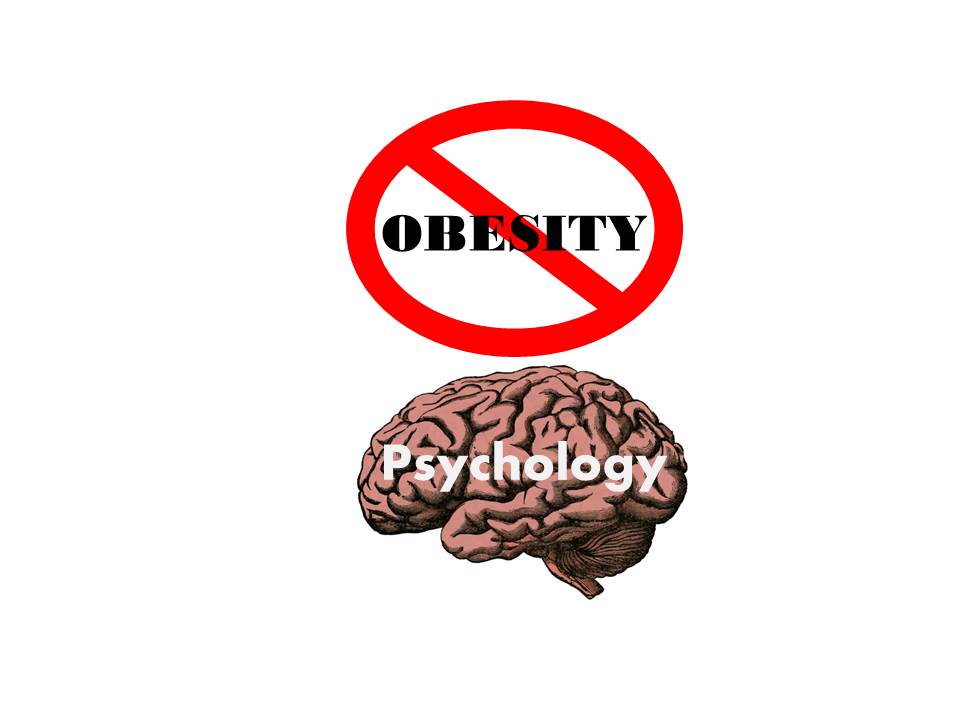
Weight Loss and The Psychology of the Individual
As our good old Jeeves would say, “One must study the psychology of the individual, to solve a problem”. Nothing could be farther from the truth, when it comes to finding a solution to weight loss, fat loss, and lifestyle diseases like diabetes, blood pressure, heart disease, cholesterol, etc.
We are into the age of new cancer of lifestyle diseases, thanks to the urbanized life with fast automobiles, fast food, lack of physical activity, materialism, and all the stress. More often than not, it starts with the accumulation of that extra fat in the tummy region. Some of us try crash diets and impulsive actions like joining the gym. Some get a bit of result, but after a few months, we are back to what we were. Why does this happen and what is the solution?
The reason being, we are trying to think rationally, but not listening to our emotional brain.
The psychology of change
Let us talk about the psychological context. When it comes to living a healthy life we are talking about change, changes in multiple aspects of our daily routine. But who decides to make this change? Humans are endowed with a big brain, the cerebral cortex. It’s a known thing that we make decisions emotionally and justify them rationally. Most of the decisions are taken by our emotional brain; call it the thalamus or limbic system. This emotional brain works on very simple principles, and perhaps the most important one is ‘punishment and reward’.
So, any change that is perceived rewarding is likely to be repeated and any change that is perceived to be a punishment is unlikely to be repeated again and again.
An example
Now, let’s try to apply this principle to the issues around food and exercise that are the two main pillars of any weight loss program. For example, a typical Tamil is used to eating idli-dosa for most of his life. If he is asked to stop eating these to achieve weight loss and asked to eat whole grain Rotis (punishment), he may do it for a few days. Understandably, this may sound like punishment even to his wife. But, very soon they are likely to fall back to his staple diet of idli and dosa and put weight on. On the contrary, let us give respect to what he is used to and what gives him pleasure or ‘reward’. Let us make certain changes in the recipe of his staple diet of idli, dosa, and sambar that converts the same food into a low calorie, nutritious, weight loss diet. Now, he (and his wife) will be very happy to follow it lifelong. A similar principle can be applied to someone who is used to eating non-vegetarian food like chicken and fish. Instead of asking him to stop eating these things, if he is given the option of equally tasty recipes in zero oil, not only will this food cause weight loss, but he is also likely to follow it much longer. Similarly, it will be difficult to restrain a person with a sweet tooth, from eating sweets for a long time, but designing low-calorie sweet dishes may go a long way.
This principle of punishment and reward can also be applied to the issue of exercise. Quite often, we hear people joining gymnasium for weight loss. We all know how long they follow going to gym. This is for the simple reason that going to the gym is not considered as a ‘reward’ or a pleasurable experience but more as a ‘punishment’, by most. Now, if we replace this with some fun or pleasurable physical activity, it will be relatively easier for him to follow it long term.
The second issue is that of a hectic schedule and timing. If the change in eating habits and exercise is built around the schedule and daily chores of the person, it becomes easier to follow the change long term.
Everyone is unique
This concept of shaping change as per the individual psychology applies to all the areas of our life and lifestyle. Every person is different. We eat different food; we eat it at different times. Our friends, family, relations, home situation, work dynamics are unique. So, any change that we want to bring about has to fit into this unique life of an individual. If the individual person is kept in the center and the weight loss program and its components are built around him then the success rate is likely to be higher. This program will be unique to this person and no one else.
Know thyself, do SWOT analysis
Hence the first step towards change is trying to know yourself, your mindset, your likes, your dislikes, your strengths, and your weaknesses. Analyze where the opportunities lie, analyze the threats. Only after this individual psychological mapping and SWOT analysis by a professional, one can build an appropriate weight loss and lifestyle change program. Then only will it result in success and the change will be long-lasting.
(This article was written by Dr Shrirang Dabhade.
He worked in UK for 14 years. He has been a teacher and an examiner for medical students in the University of Liverpool.
He has experience of working in different fields including those related to obesity and diabetes. Currently, he is practicing in Fortis hospital Mulund and DOL clinic at Thane.
Dr Shrirang Dabhade
*MBBS, MS, FRCS(UK), MRCGP(UK), DMH(UK), Dip. Diabetes (UK)
*Ex- Teaching Fellow, University of Liverpool.
*Ex- examiner, University of Liverpool.
www.dolclinic.com

